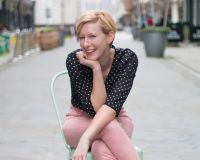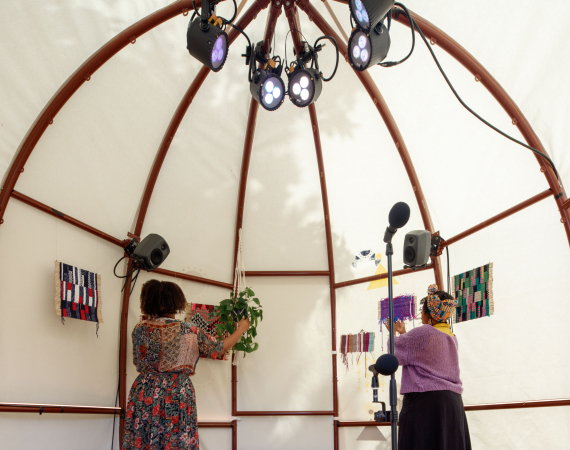Towards Equitable Futures (2020)
We live in capitalism, its power can often seem inescapable - but then, so did the divine right of kings. Any human power can be resisted and changed by human beings. Resistance and change often begin in art. Ursula K. Le Guin, National Book Foundation Medal speech 2014 Towards Equitable…
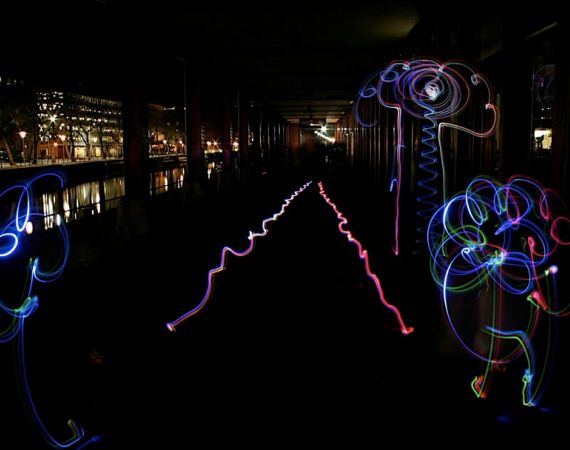
Light Grafitti by Tine Bech
Made by
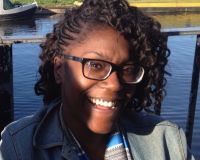
Zahra Ash-Harper
Zahra is an Independent Inclusion Consultant currently working on the Equitable Futures project.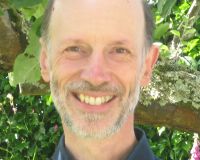
Bill Sharpe
Bill specialises in futures work and is pioneering the Three Horizons network of practice.Grace Quantock
Grace is a psychotherapeutic counsellor, a registered member of the British Association of Counselling and Psychotherapy, writer, coach, wellness provocateur, and healing trailblazer. She is a Fellow on Bristol+Bath Creative R&D and the South West Creative Technology NetworkAdibah Iqbal
Adibah is a film maker and works at Rife magazine as a mentor for young people, with a particular focus on working with those from underrepresented backgrounds.Emerging Futures Fund
The National Lottery Community Fund has created the Emerging Futures Fund to invest in the creativity of civil society and help amplify the voices of communities through stories, narratives and public imagination projects that can lead to new ideas, questions and visions of the future.We live in capitalism, its power can often seem inescapable - but then, so did the divine right of kings. Any human power can be resisted and changed by human beings. Resistance and change often begin in art.
Ursula K. Le Guin, National Book Foundation Medal speech 2014
Towards Equitable Futures brings together the Watershed team with Zahra Ash-Harper, Bill Sharpe, Grace Quantock, Adibah Iqbal, Rife and the Pervasive Media Studio community to imagine, together, what is possible in the future.
Our community is one where difference has been curated and change is common currency but which is still not fully representative. Change has happened within the interdependent structures of white privilege, patriarchy, disablism and extractive capitalism, therefore full participation has not always been possible. Watershed’s commitment to social justice, climate breakdown, the current pandemic and subsequent economic crisis challenge us to do things differently. Watershed wants to invert the power dynamics of traditional futuring processes to ensure a fairer, more equitable future.
“The mess we are living in is a deliberate one. If it was created by people, it can be dismantled by people, and it can be rebuilt in a way that serves all, rather than a selfish, hoarding few.”
Renni Eddo-Lodge, Why I’m No Longer Talking to White People About Race
We have convened a Future Visioning Group to imagine new ways of doing things. This group brings together Alexie Segal, Asmaa Jama, Clare Reddington, Fozia Ismael, Furaha Asani, James Taljaard, Louise Gardner, Mark Cosgrove, Owain Astles, Tanuja Amarasuriya and Tom Marshman. We are also working with Rowan James to think about the impact of disablism within the community and beyond.
Towards Equitable Futures will ask...
What does progress look like when we challenge the notion of (exploitative) growth and value the creation of (regenerative) depth?
What are the community behaviours that welcome difference while bonding us together?
How can we act as stewards of our assets (economic, social and cultural capital) while we repurpose them in service to community?
More importantly than these questions perhaps, we are aiming to develop a new methodology for inclusive futuring. Because those questions will not be fully answered in 5 workshops but if we understand better how to have an equitable conversation about the future we might move towards them. Very important to us in the idea of building common ground. Common ground from which we can disagree well, disagree in a way that moves us all forward.
We start from a position of love, that to love others in their difference is to recognise your own value, and a belief that we urgently need more love in our public and professional lives and spaces.
